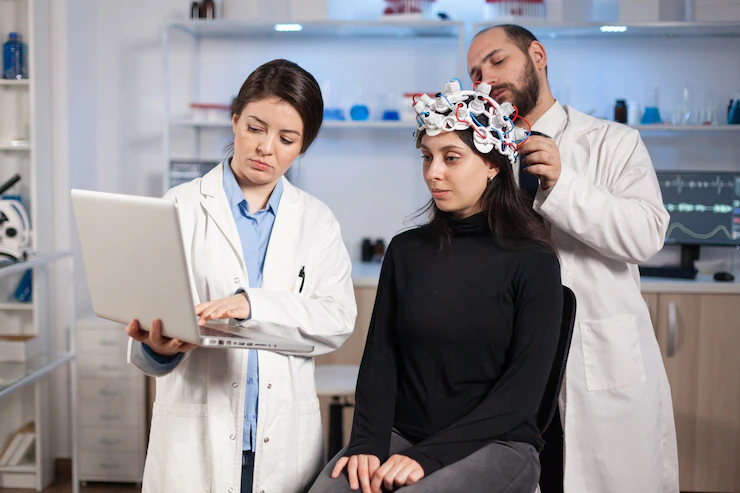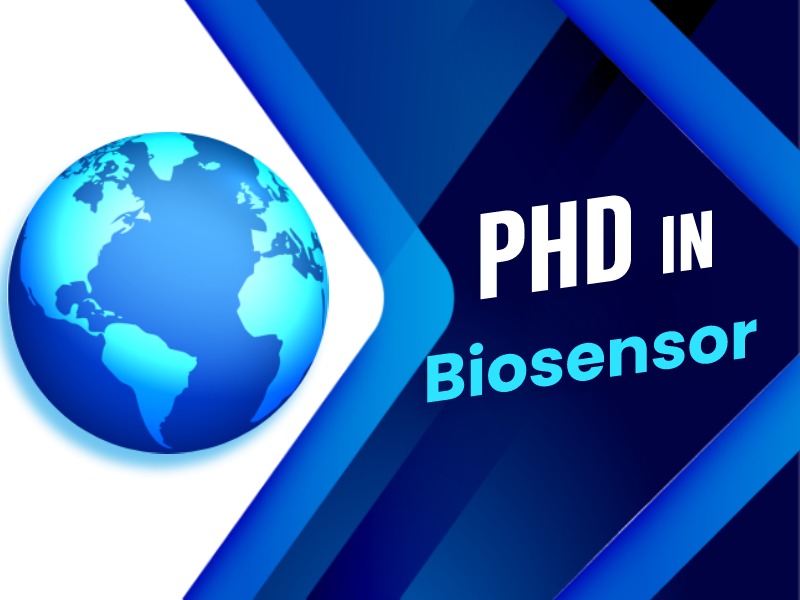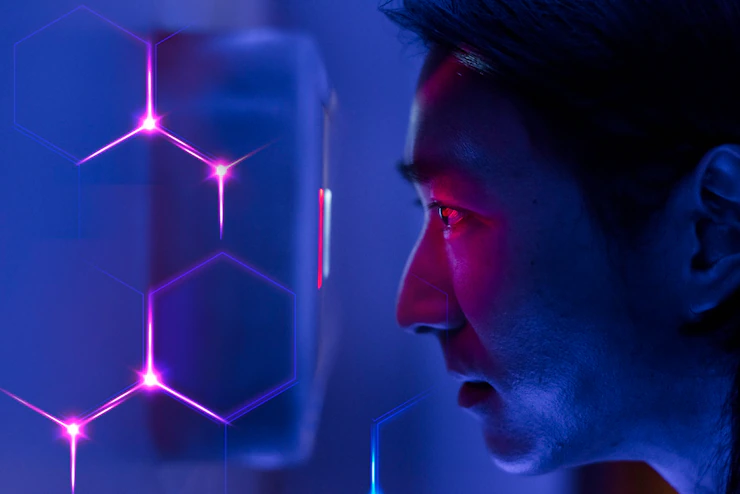A PhD in Biosensors is a doctorate program devoted.the study of biosensors and their applications. A PhD Thesis may be written after two years of full-time training. The University and one year at a research institution. The candidate is expected to present a doctorate Thesis. Which can be about any topic related to PhD Admissions in biosensors.
Aspirants who wish to become PhDs must have passed all courses of their Bachelor’s degree, except for English language courses. They must also pass an entrance exam. That tests their knowledge of theoretical. And practical issues in the field.
An Overview of this degree:
- PhD in Biosensors is an advanced degree that provides scholars with the knowledge and skills to develop, design and implement innovative solutions for improving human health. PhD in Biosensors is a serious degree program designed for individuals who have already earned a bachelor’s degree or higher.
- The PhD admissions prepares scholars for biosensors development, measurement and analysis, biotechnology and pharmaceutical research careers. Aspirants will learn how to develop new biosensor technologies. While learning about fundamental concepts of nanotechnology and information technology.
- The PhD in Biosensors program requires coursework in biology, chemistry and physics and a computer science minor. Aspirants may choose from a number of tracks. That focus on areas such as bioinformatics, biomaterials or bioreactor engineering.
- Graduates may go on to work as scientists. Or engineers at corporations or universities around the world; however, most people concentrate on research at academic institutions. Where they apply their knowledge to academics or industry.
- Aspirants interested in pursuing PhD admissions should consider factors such as their interests. And career goals before applying for access to this program. It is also important to note. Many institutions require applicants to submit GRE scores before accepting them into the program.

What does a PhD in Biosensors offer you?
The PhD in Biosensors is a doctorate degree that involves research in the field of biosensors (fibers or devices to detect and measure chemical compounds). This research focuses on the design and development of novel biosensors for environmental monitoring, health care, and industrial applications.
The PhD in Biosensors provides scholars with an understanding of the fundamental principles behind biosensors’ operation, development, and use. It also teaches aspirants. How to apply these principles in designing innovative biosensors for specific applications.
What to cover in a PhD in Biosensors?
A PhD in biosensors is an advanced degree that focuses on the science of biosensors and the design, development, and application of sensors for biomedical applications.
The main aim of a PhD Admissions in biosensors is to research and develop novel biosensing technologies for diagnosing and treating diseases. These technologies can be used to monitor vital signs, detect changes in tissue function, or even monitor health trends over time.
The coursework for this program includes topics such as;
- biophysical characterization,
- signal transduction mechanisms and
- biological applications of bio-sensors;
- medical device design;
- medical imaging;
- clinical data analysis;
- statistical analysis;
- signal processing methods;
- modelling and simulation techniques;
- statistical analysis tools and
- data mining tools.
Roles and Responsibilities:
The PhD in Biosensors is an advanced degree that focuses on the study of biosensors. The program will focus on designing, developing and applying sensing devices for environmental applications.
The program will consist of coursework in the following areas:
- Bioinformatics
- Bioengineering and Biotechnology
- Biological Materials and Devices
- Cell Biology, Molecular Cell Biology, Biochemistry and Biophysics
- Chemical Engineering (any discipline), Biological Chemistry (any discipline)
- Electrical Engineering (any discipline), Sensing (any discipline)
PhD in biosensors is a career that involves researching and developing new methods to detect disease, drug resistance or other biological markers. The field of biosensors is rapidly growing and continues to attract more professionals every year.
What are its Job Prospects:
A PhD in biosensors can lead to several different careers, including:
Research scientist – This is the most common role for those starting their career through PhD Admission 2024 in India. Research scientists typically work on projects with other researchers, developing new methods. And technologies that can be used in different applications. Their job will require them to collaborate with other researchers from around the world, build their own skills, and learn about other research areas. As well as being paid for their work, research scientists may be awarded grants from companies or charities. Who want to fund their work to contribute to improving health care worldwide.
Industrial research scientist – Industrial researchers often work on health care and safety projects. But can also be involved with pharmaceutical production. Or food processing companies. They may also have wider responsibilities, such as training staff. Or managing budgets for large organizations. Industrial researchers will often have extensive knowledge of chemical processes, makings them ideal candidates for this type of role.
A career in Academia – The jobs can be found in academic institutions and research institutes. In educational institutions, there are positions as a lecturer and a professor. There are also positions as a research associate or post. Doctoral researcher where you will work on one or more projects. You can work as a scientist or engineer in research institutes to develop new technologies for the biosensors market.

Your research aims to develop new technologies for detecting biomarkers in cells or tissues. Which can be used to diagnose, monitor diseases, or treat. You will also need to understand the limitations of existing technologies. And ways to overcome them. Aimlay will help you get your degree from UGC Approved Universities. If you want to take your PhD degree in Automobile Engineering.
Frequently Asked Questions
The field of biosensors is highly interdisciplinary and involves areas such as biology, chemistry, physics and engineering. As such, PhDs in biosensors are often combined with one or more other degrees, such as an MSc or MEng degree, to form an integrated dual qualification (DQ) program.
There are many reasons why you may want to pursue a PhD in biosensors. The field is overgrowing, so new research is always happening that could be relevant to your interests. It can also be helpful if you want to work on projects involving medical devices or drug discovery. Finally, it’s a great way to work with other scientists with similar interests!
It takes three years to earn a PhD in Biosensors. In those three years, you’ll spend most of your time on the university campus or at one of its affiliated laboratories, where you’ll learn how to build and test various biosensors—and then use them to study environmental contaminants or other substances in your area. You’ll also take courses in physics, chemistry, biology, mathematics (including statistics), and more.
A PhD in Biosensors gives you a deep understanding of the field, making you an expert on biosensors and their applications. You’ll be able to design, build and test these devices, use them to study environmental contaminants or other substances, and share your findings with others through scientific publications.
An amperometric biosensor is a type of bioelectronic device that contains both biological and electronic components. It’s used to detect and measure the presence of chemicals in liquids through an enzyme, which reacts with these compounds (such as glucose) to produce an electric current.




